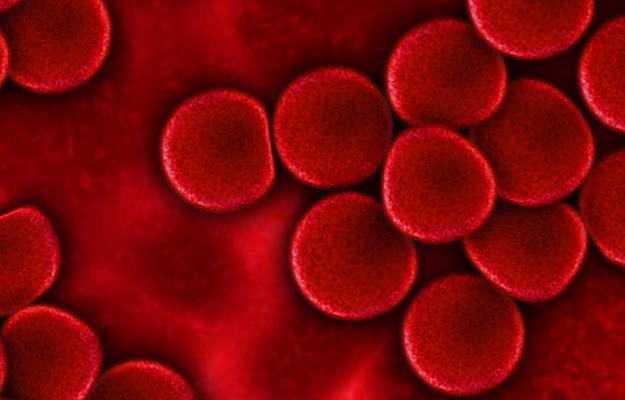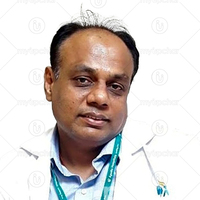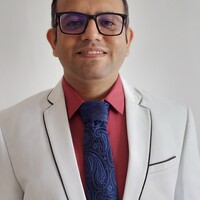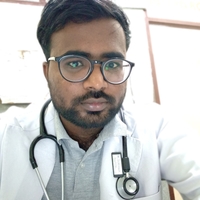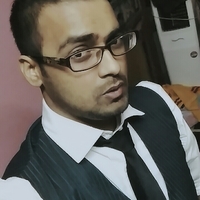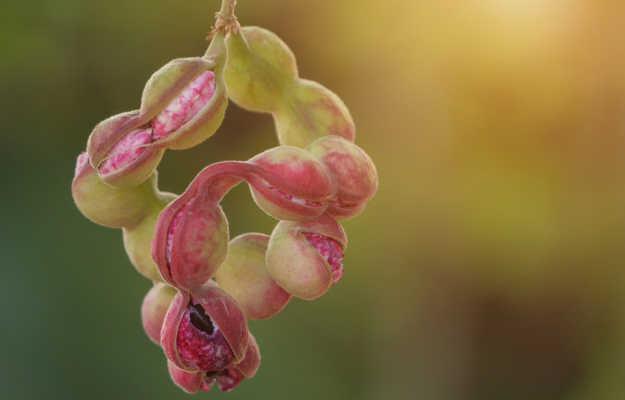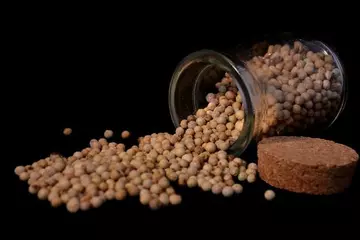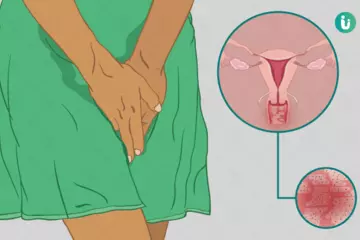India accounts for about 10% of the global burden of thalassemia, a genetic blood disorder in which the body starts making less or faulty haemoglobin. Almost 50% of people born with thalassemia in the country do not survive beyond the age of 20 years, as they are unable to get proper and sustained medical care.
Haemoglobin is an essential part of red blood cells (RBCs); it provides oxygen to the entire body. The normal concentration of haemoglobin is around 14 to 18 grams per deciliter of blood in men and 12 to 16 grams per deciliter of blood in women. Heme is the part of haemoglobin that binds with oxygen whereas globin is the protein that surrounds and protects heme.
The "globin" in haemoglobin contains two types of protein chains: alpha-globin and beta-globin. A pair of HBB genes (beta-globin genes) is responsible for the production of the beta-globin protein chain. Whereas, two copies of HBA1 and HBA2 (alpha-globin genes) are responsible for the production of the alpha-globin protein chain. If there is any abnormality in any of these genes or if they go missing, the production of red blood cells becomes faulty. They lose the ability to carry enough oxygen. This condition is known as thalassemia.

 Doctors for Thalassemia
Doctors for Thalassemia  OTC Medicines for Thalassemia
OTC Medicines for Thalassemia
 Thalassemia FAQs
Thalassemia FAQs
